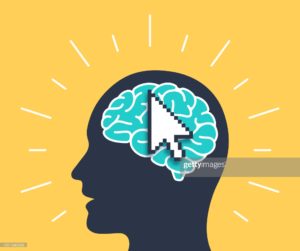We need to address the elephant in the room. A subject that is kept in the dark. That needs to end, mental health and addiction. This past week former Detroit Red Wing and NHL player Bobby Ryan was arrested and jailed in a Nashville airport for public intoxication. Ryan has been very open about his struggle with addiction. He stated that multiple concussions have played a part in his mental health instability leading to addiction. In the past this would be viewed as a crutch or excuse to drink. That is simply not the case, there is evidence to support what Bobby Ryan has said.

What if I told you 1 in 5 people have mental illness? What if I told you that number moves to 1 in 2 when people reach their 40’s? Again, what if I told you that men dealing with mental health issues are more likely to abuse substances, while women are more likely to have major mood swings?
Now here is something to think about, mental health is the leading cause of disability. People dealing with mental health concerns are more likely to die 10-20 years before the life expectancy.
Bobby Ryan, was a very good hockey player. That does not matter. Ryan is in a daily battle with his mental health and a public fight with addiction. That is what matters, or should matter. No more, “he’s an idiot,” or “what a loser he threw it all away for the bottle.”
Mental health matters! This is the leading cause of addiction. Any brain trauma can trigger addiction. Did you catch that? ANY BRAIN TRAUMA CAN TRIGGER ADDICTION! When do we start looking at a person who is fighting something they probably do not wish to be fighting with sympathy?
I for one applaud Bobby Ryan and other public figures who have taken a public stand and been transparent in their battle with mental health and addiction. Not because they are public figures, but they have a platform others do not and are using their status in a positive way to help others, and are tearing down stigmas.

We need to get to a point where talking about mental health is not taboo or quickly silenced. This would lead to less suicides and it would help the individual get the help she or he needs.
Next time you see a homeless person or a person who has an addiction, I hope you look on them with sympathy and perhaps engage them, you could be the lifeline they need.


